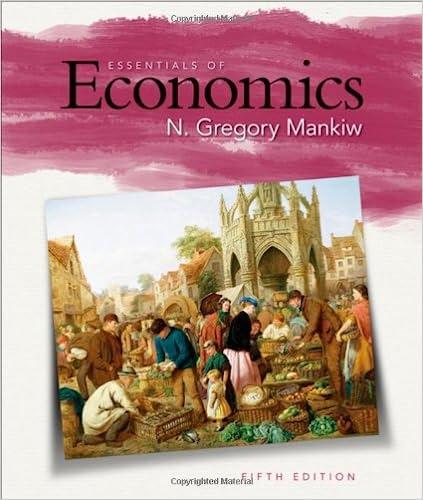Question
Inverse demand for roof shingles is given by p = 10 Q/100. Each shingle costs 0.25 to produce. Firms compete in quantities. a. Assume that
Inverse demand for roof shingles is given by p = 10 Q/100. Each shingle costs 0.25 to produce. Firms compete in quantities.
a. Assume that fixed costs are zero and that there are two firms in this industry. Firm 1 is able to commit to its output level before firm 2 can. What will be the subgame perfect equilibrium quantities and profits of each firm?
b. Now suppose that there is a fixed cost of 2 to produce shingles. What is the smallest quantity firm 1 could produce and still deter entry by firm 2? How does this compare to the monopoly quantity?
c. Does firm 1 want to deter entry (i.e. is it profitable to deter entry)? What is the smallest fixed cost f for which deterring entry would be profitable?
Step by Step Solution
There are 3 Steps involved in it
Step: 1

Get Instant Access to Expert-Tailored Solutions
See step-by-step solutions with expert insights and AI powered tools for academic success
Step: 2

Step: 3

Ace Your Homework with AI
Get the answers you need in no time with our AI-driven, step-by-step assistance
Get Started


